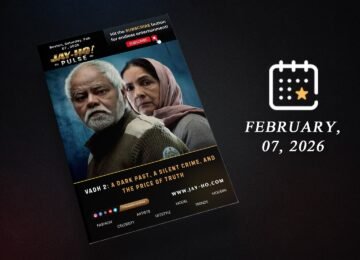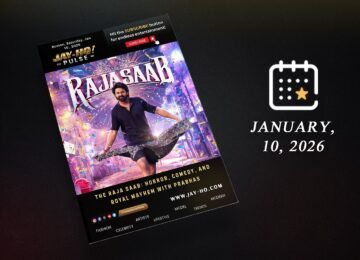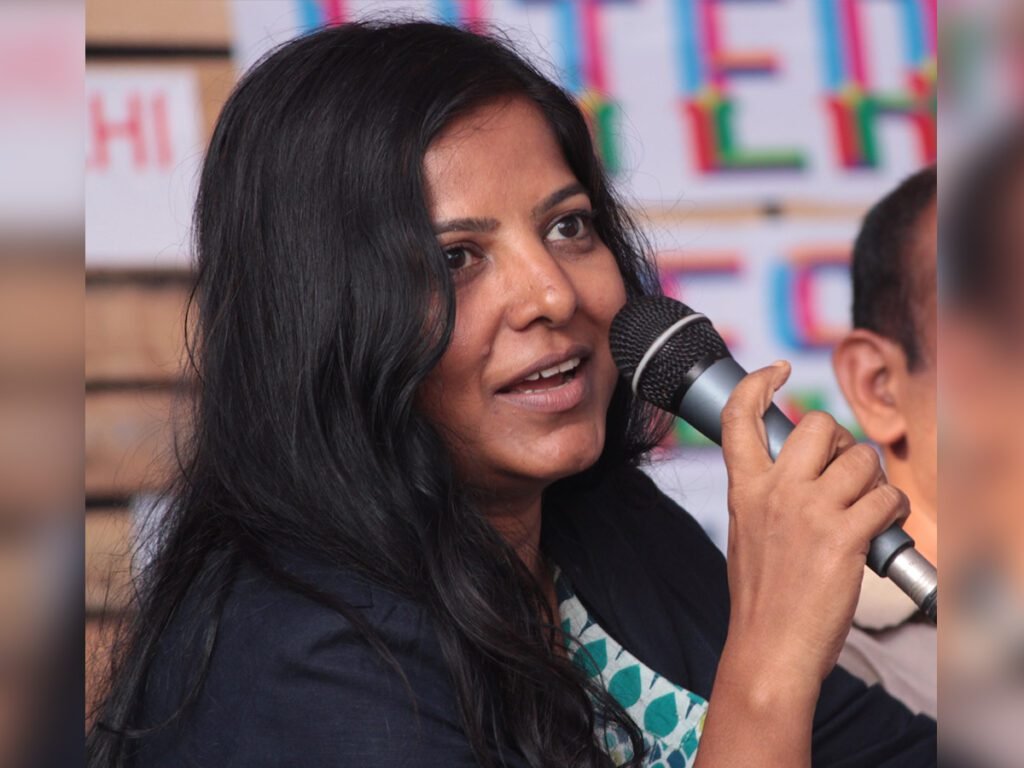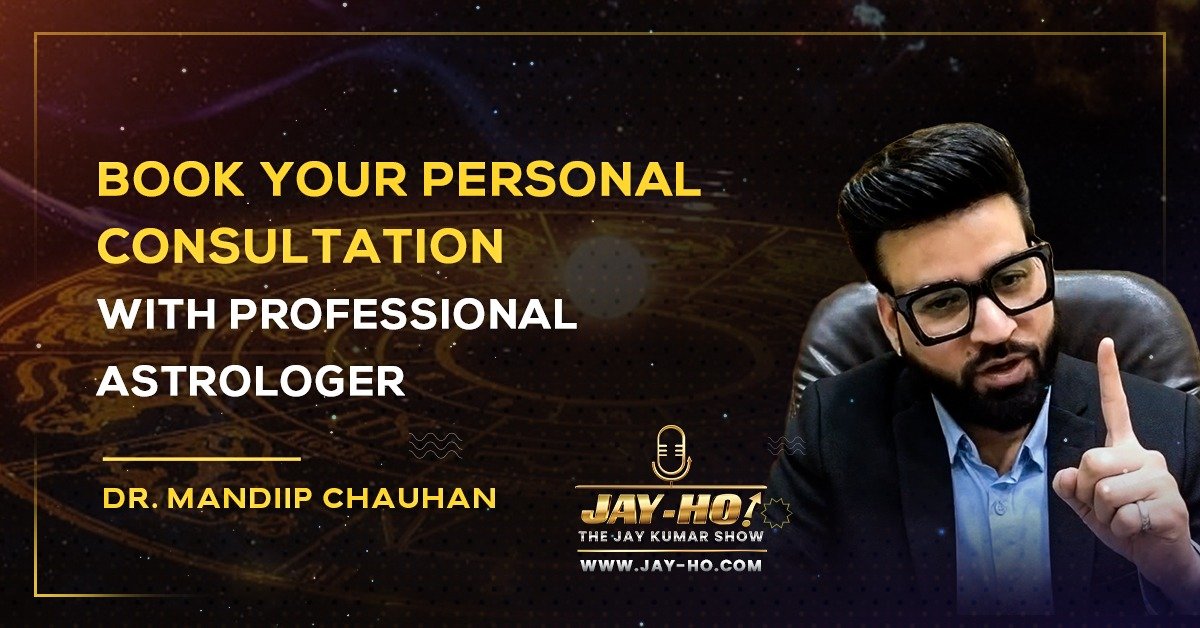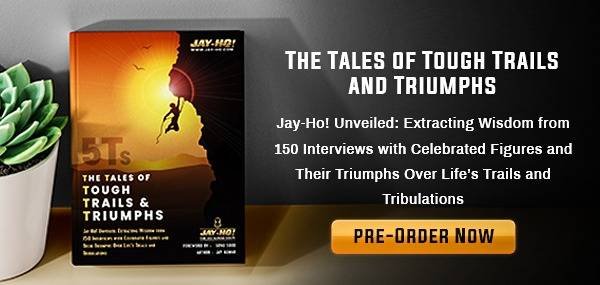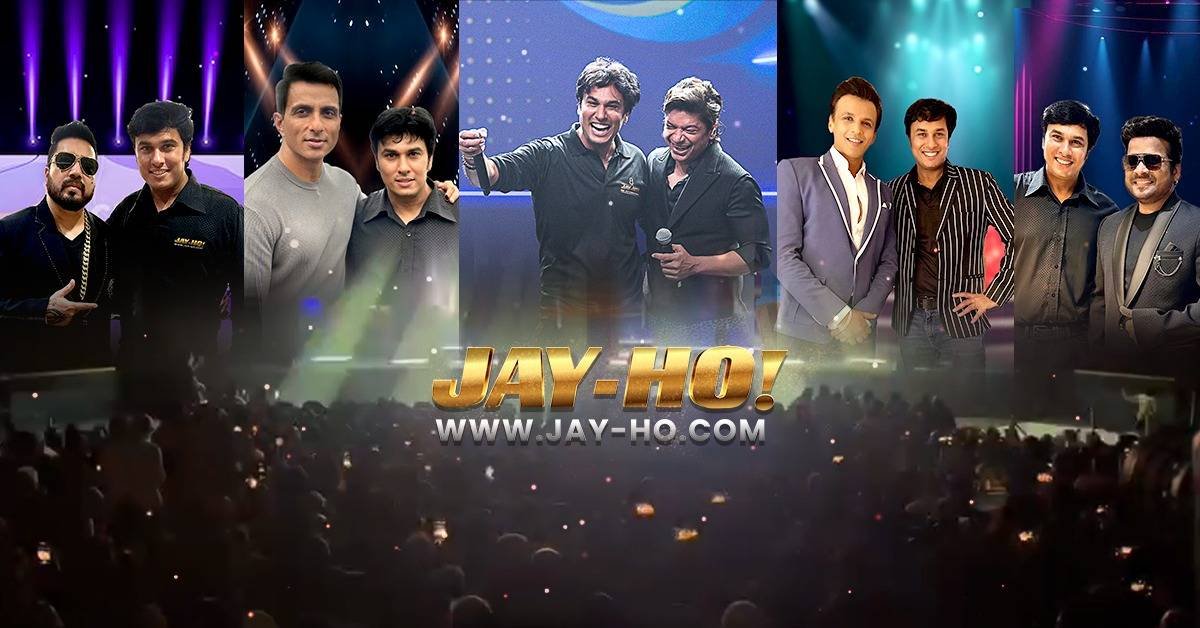She fought against her family for a conservative ritual. Due to her mother, Leena had to forgo her love. She upheld her principles, became the voice of the impoverished in society, uncovered the oppression of Dalit women, and stood for all those who were unable to verbalize their agony. She served as the conduit for countless exploited people. She is a paradigm: fierce, powerful, and unyielding. We’re talking about the filmmaker Leena Manimekalai, whose upcoming documentary film poster “Kaali” shocked Indians.
Why did the controversy arise?
Hindus revere Kaali as their goddess. In addition, Kaali is shown holding an LGBTQ flag and a cigarette in Leena’s movie poster. As a result, some people lost their temper and began to criticize Leena. Social media sparked an uproar, and cases have even been filed in certain locations. However if we eliminate her controversies, she lived a challenging life. Let’s explore Leena Manimekalai’s tribulations on the personal and professional facets.
Aim of Leena’s movie
She once stated, “My films are three dimensional,” in an interview. First, I highlight problems. Two, locals of the region tell their experiences and participate in the filming process. Three, after the movie is done, I deliver it to the audience and strike up a conversation.”
More than 400 villages in India have witnessed her documentaries.
Escaped marriage with maternal uncle
Leena Manimekalai hails from the isolated village of Maharajapuram, which lies south of Madurai. Literacy was scarce in her village, and it was inconceivable to dispel superstitions.
Father of Leena worked as an university lecturer, a bonus for Leena’s academic life. She excelled academically in both high school and college. More than a feat, it was out of character for the community and its norms. And according to the norm of her village, girls had to marry their maternal uncle a few years after hitting puberty. Leena didn’t want this to happen. Her objectives were ambitious. She fled her home after discovering that her family was arranging her marriage with her uncle. She was a 2nd year engineering student at the age of 18.
Fled from home
It was a fairly huge decision to flee the house, though. She lacked accommodation and pay. Leena entered the Vikatan office, a well-known Tamil magazine, with the expectation that they would hire her. However, the office staff pulled a ruse on her and asked her to wait. They handed Leena to her family after informing them. Leena fell into her family’s trap once more, who wanted her to marry her uncle. Leena, however, was adamant and persuaded her family that she would pursue her engineering degree and would therefore not wed her uncle.
The love of Leena’s life
While Leena’s life seemed to go quite well during her final year of studies, her father passed away. The publication of his doctoral thesis, which focused on the films of acclaimed Tamil director P Bharathiraja, as a book, had been the father’s lifelong ambition. In hopes to see if she could get P Bharathiraja to contribute a preface for her father’s book, 20-year-old Leena returned to Chennai. From here, her life took a dramatic twist. She was instantly enamored by him. Every day, she composed poems for him. To stay close to P Bharathiraja, she made the decision to help him with his films.
Back to hometown
Controversies and gossip began to circulate about Leena and the filmmaker. Moreover, the fact that the filmmaker was married contributed to the drama. As word of the scandal spread around her hamlet, Leena’s mother went on a hunger strike, asking for her daughter to return home. Leena had no choice but to give up after all. She relinquished her love for both P Bharathiraja and cinema. The romantic chapter of Leena Manimekalai came to an abrupt end.
Leena, however, managed to escape from her nuptials and headed to Bangalore. She began working as an engineer in Bangalore’s IT sector, but her real passion was for the motion picture industry. Eventually she met telefilm director C Jerrold. But both of their genres of films didn’t set well enough and Leena had to switch her job. Leena changed 11 jobs in the space of two years. She made the decision to become a freelancer after she grew weary of switching.
Her first directorial debut
Manimekalai had concluded what she intended to accomplish by that stage.She made the decision to make a political intervention, speak out for the underrepresented, and discuss social issues. Thus, she began development on her directorial debut, Mathamma, in 2002.
Since then, she hasn’t stopped and turned. Her plan was to work as a freelancer, doing everything from editing to sound mixing, to make money to invest in her film ideas. She was subsequently awarded a number of fellowships, including the Charles Wallace Art Award and the Commonwealth Fellowship in 2008. (2011). She traveled extensively, and her films were shown on international stages across the world.


